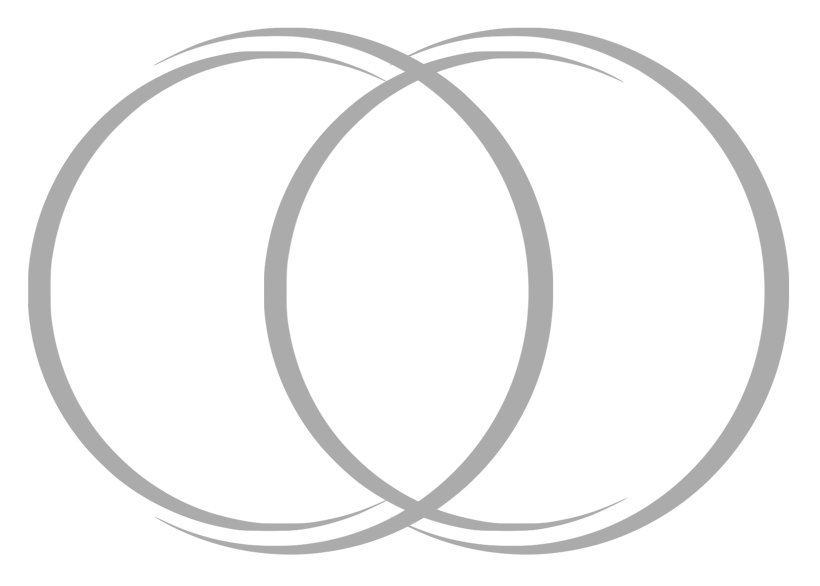
addiction & Consciousness
Addiction is not merely a behavioral problem or a chemical dependency – it reflects a deeper misalignment between conscious awareness and unconscious patterns. Insights from Consciousness study reveal that addiction thrives in states of unconsciousness, where the mind is disconnected from the present moment and driven by repetitive loops of craving and temporary relief.
By understanding addiction as a disruption in the interplay between conscious and unconscious processes, we can approach it not just as something to be controlled, but as a call to realign with the stillness of Consciousness. This perspective opens the door to addressing addiction at its root, enabling lasting transformation and freedom.
Understanding Addiction
Addiction as a Reflection of Disconnection
Addiction arises when individuals are disconnected from their true self and rely on external stimuli to fill an inner void. Reconnection with Consciousness restores balance and clarity.
The Role of Unconscious Patterns
Repetitive cycles of craving and temporary satisfaction are driven by unconscious programming. Addiction can only be resolved by bringing these patterns into conscious awareness.
Present-Moment Awareness as a Remedy
Addiction thrives in states of distraction and unconsciousness. Cultivating present-moment awareness interrupts the addictive cycle and instills emotional stability.
Realignment with Purpose
At its core, addiction reflects a deeper search for meaning and fulfillment. Addressing addiction through awareness practices helps individuals realign with a higher purpose.
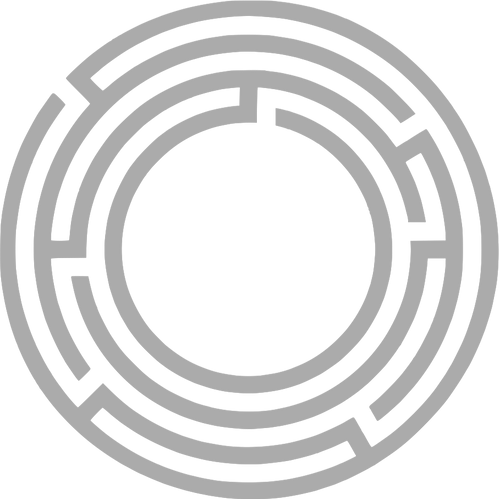
addiction in Daily Life
Addiction is not limited to substances like alcohol or drugs; it often manifests in subtle, socially accepted forms within daily life. From compulsively checking our phones to overindulging in food, work, or entertainment, these patterns can create a cycle of distraction and dependence that disconnects us from the present moment.
Daily addictions are often fueled by stress, unresolved emotions, or a search for meaning, and they prevent us from experiencing clarity, balance, and genuine fulfillment. Recognizing and addressing these behaviors is essential for cultivating a more conscious, intentional, and fulfilling life.
Forms of addiction in daily life
Technology Overuse
Excessive screen time, social media scrolling, and constant notifications feed a cycle of instant gratification, reducing focus and increasing anxiety.
Overworking
Pushing beyond healthy limits in pursuit of external goals can lead to burnout, emotional detachment, and a loss of connection with oneself and others.
Emotional Eating
Using food as a coping mechanism for stress or emotional discomfort creates patterns of overindulgence that affect physical and mental well-being.
Escapism Through Entertainment
Binge-watching shows, excessive gaming, or other forms of passive consumption can become a way to avoid deeper emotional or existential challenges.

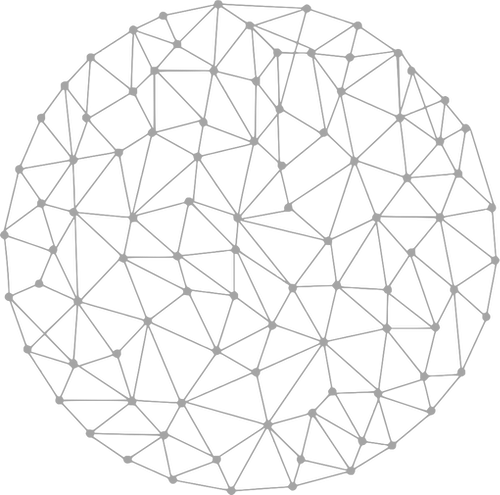
Misinterpreting addiction
Addiction is often misunderstood as simply a lack of willpower or a moral failing, when in reality, it is a complex interplay of unconscious patterns, emotional imbalances, and unmet inner needs. Viewing addiction solely as a physical dependency or behavioral issue oversimplifies its root causes and often leads to ineffective interventions.
True understanding requires recognizing addiction as a manifestation of deeper disconnection – from oneself, from Consciousness, and from a sense of purpose. By shifting this perspective, we can address the underlying causes of addiction and guide individuals toward meaningful transformation and healing.
Addiction and the mind
Viewing Addiction as Weakness
Addiction is often judged as a lack of self-control or personal strength. In truth, it stems from unconscious patterns and emotional pain that override rational decision-making.
Focusing Solely on the Substance
Many interventions target the external substance or behavior without addressing the internal drivers, such as unresolved emotions or unmet needs for connection and fulfillment.
Ignoring the Role of Awareness
Addiction thrives in states of unconsciousness, where impulsive reactions dominate. Failing to cultivate awareness keeps individuals trapped in repetitive cycles of behavior.
Neglecting the Search for Purpose
Addiction is often a misguided attempt to fill a deeper existential void. Without addressing this need for meaning and connection, recovery efforts are unsustainable.
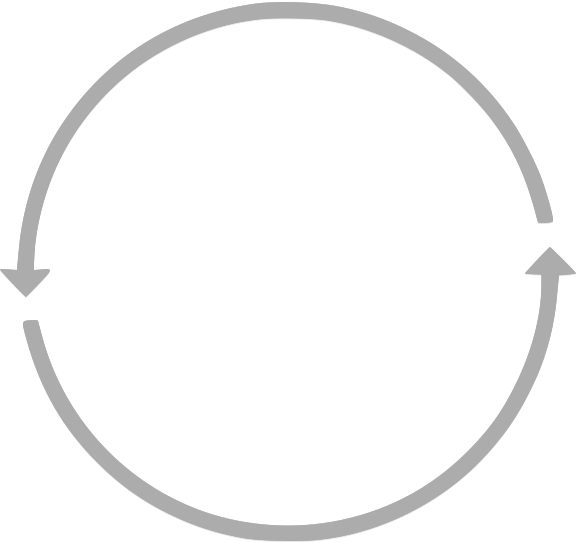
Measuring addiction
Addiction is not just a mental or emotional problem; it reflects a deeper disconnection between conscious awareness and unconscious impulses. By integrating the Consciousness Quotient (CQ), we can quantify the levels of awareness, emotional balance, and alignment in an individual’s internal state, providing valuable insights into the root causes of addictive tendencies.
CQ measures how present and aware a person is in their daily life, highlighting the areas where unconscious patterns take over. This innovative approach shifts the focus from merely managing symptoms to understanding and transforming the internal disconnection driving addiction, enabling sustainable progress and personal growth.
Addiction and the Consciousness Quotient
Awareness Levels
CQ tracks how often an individual operates in a state of conscious awareness versus unconscious autopilot. Lower CQ scores indicate a greater likelihood of being driven by habitual, addictive behaviors.
Emotional Stability
CQ evaluates emotional regulation and balance. Addictive tendencies often arise from an inability to manage emotions consciously, making this metric a critical indicator of vulnerability to addiction.
Impulse Control
Measuring awareness levels highlights the alignment between thought, intention, and action, revealing how often individuals can consciously choose their responses rather than reacting impulsively.
Presence in Daily Life
Consciousness Quotient measures how engaged an individual is in the present moment. Higher presence correlates with reduced reliance on external substances or behaviors to escape or numb discomfort.


Get Involved
At Nirvana, we believe that addiction is not a permanent state but a temporary misalignment that can be transformed through conscious awareness. Through the CQ project, we are developing tools to empower individuals to break free from addictive patterns and reconnect with their true selves. As a nonprofit, our mission is to make these resources accessible to all. Join us in this transformative journey – whether by volunteering your time, supporting through donations, or spreading awareness, your involvement helps us create a world where individuals can live with clarity, balance, and freedom.
Volunteer Your Skills:
Contribute to advancing the CQ project with expertise in technology, mental health, or community outreach.
Support The Mission:
Your donations enable us to develop innovative tools and resources that address addiction and enhance awareness.
Share The Vision
Help spread the word about Nirvana’s mission and encourage others to join in transforming lives.
Stay Connected
Subscribe to updates and be part of a community dedicated to personal growth and collective transformation.
Disclaimer: This page offers suggestions to handle addiction. We do not guarantee specific results and the results can vary.
